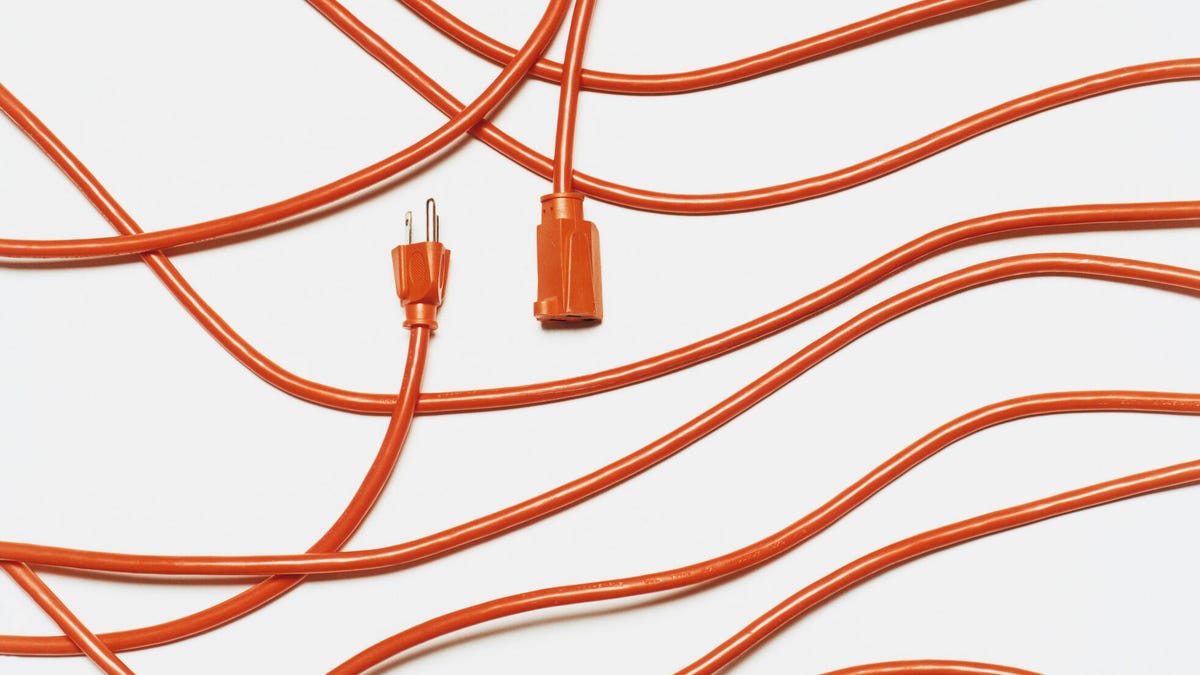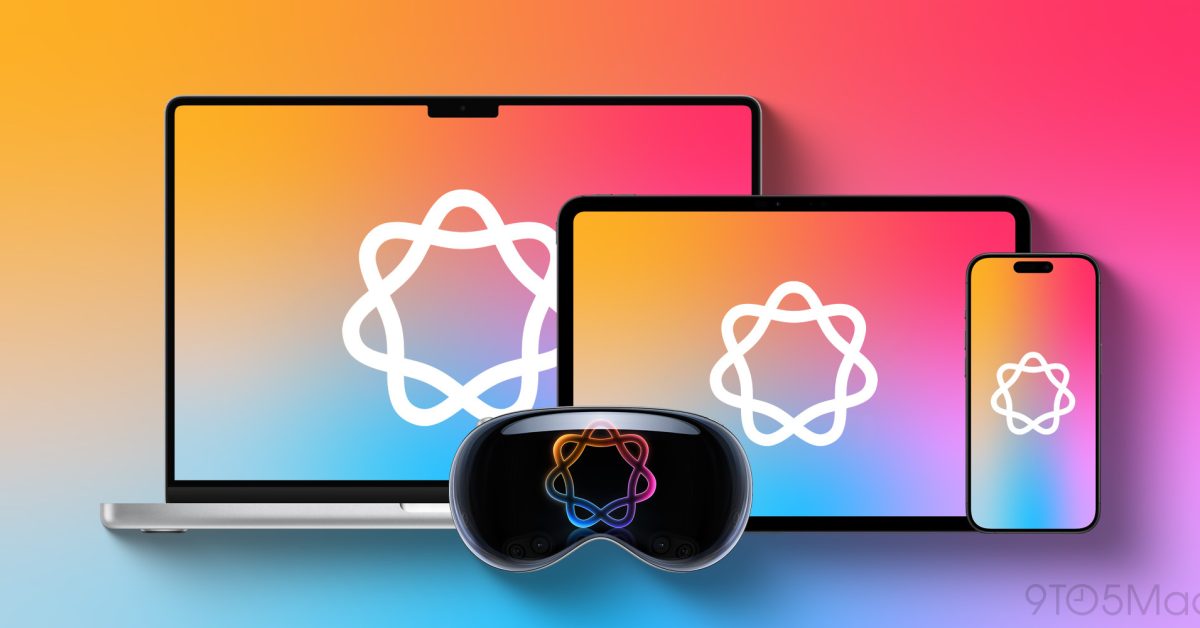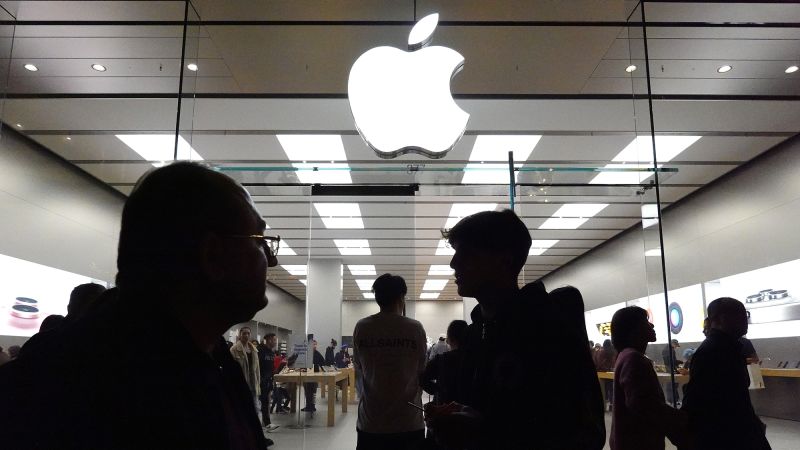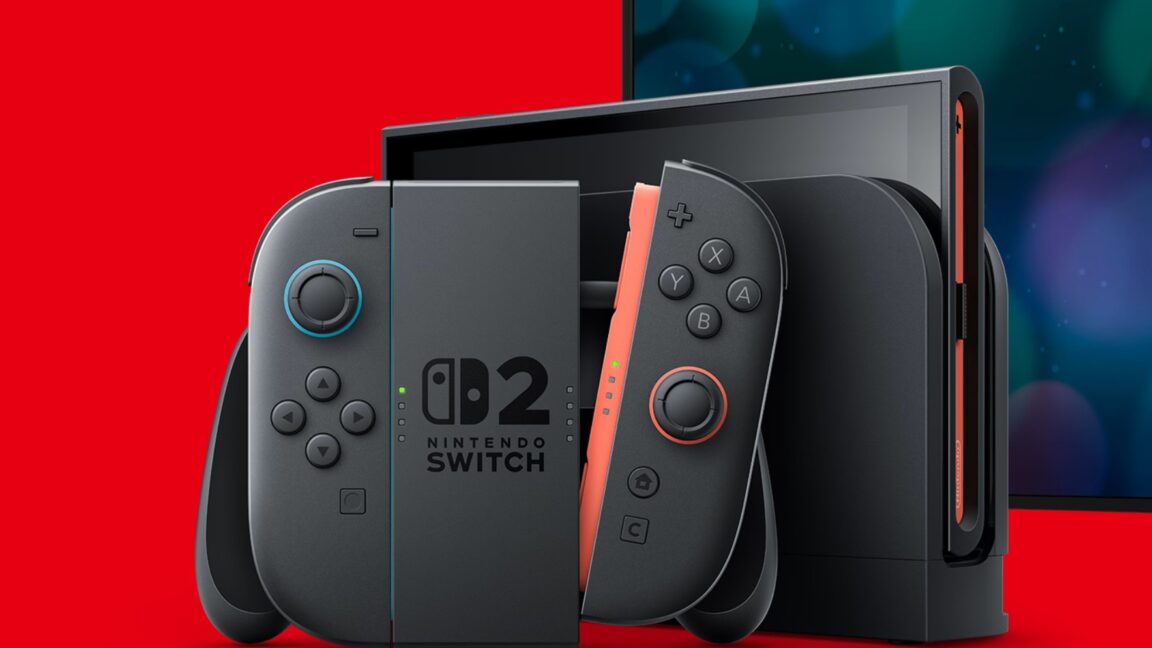Shocking Revelation: 7 Household Gadgets That Could Turn Your Extension Cord Into a Ticking Time Bomb

Danger Lurking in Your Outlets: Why Extension Cords and Major Appliances Don't Mix
When it comes to powering your home's heavy-duty appliances, convenience can quickly turn into a serious safety hazard. Those seemingly harmless extension cords might look like a quick solution, but they're not designed to handle the massive electrical load of refrigerators, washers, dryers, and other high-wattage machines.
Extension cords are engineered for temporary, light-duty use—think charging your phone or powering a lamp. They simply can't withstand the continuous, intense electrical draw of major appliances. Plugging these power-hungry devices into an extension cord is like asking a bicycle to tow a trailer—it's bound to fail, and the consequences can be catastrophic.
The risks are real: overloaded extension cords can overheat, melt, and potentially start an electrical fire. The thin wiring inside these cords isn't built to manage the sustained current required by large appliances. What might seem like a simple workaround could put your home and family in serious danger.
The smart and safe solution? Always plug major appliances directly into dedicated wall outlets. If you're short on outlets, consult an electrician who can professionally install additional circuits to meet your home's electrical needs. Your safety is worth far more than a momentary convenience.








